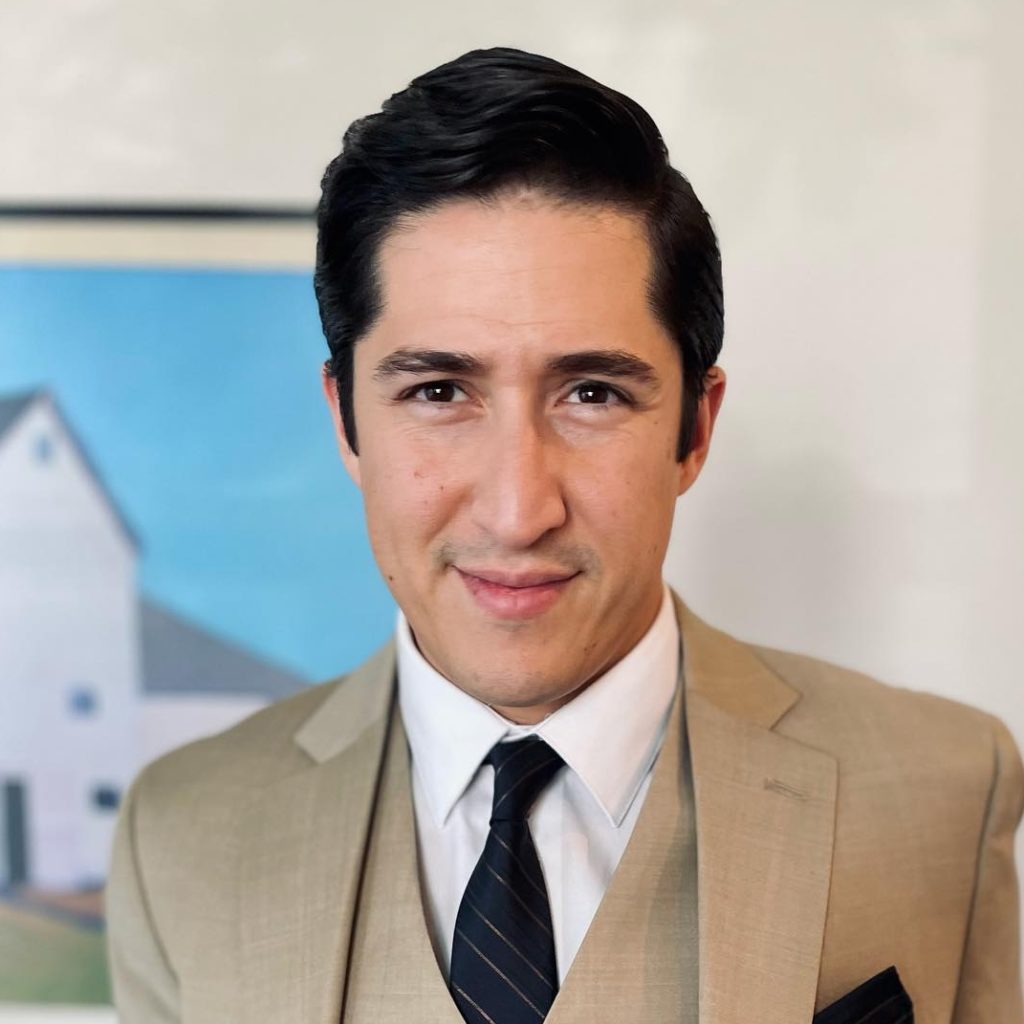We are proud to feature, as a series of guest posts to help parents understand the nature of the classical educational model, excerpts from The Way to Galleon: The Definitive Manual on Classical School Culture, a forthcoming book by Oscar Ortiz Duarte. Here is part one.
Classical Education: A Vision of the World, the Human Person, and the Relationship Between the Two
A veteran teacher once asked me: “Mr. Ortiz, is classical education really that different from other models . . . I mean . . . isn’t it the case that once you’re in the classroom, abstract theories go out the window?” Similar to other models, classical education does make its own philosophical assumptions. Unlike other models, however, these assumptions are more than just abstractions, they are operating principles: they are the very activity the children engage in as well as the ultimate goal the teacher and students are after. So, I answered: “The students think, speak, and breathe these principles, because a true education involves the whole child, not just their mind.” In my earlier essay, I explored one of these operating principles that I called the “most accepted classical assumption:” that the world is true, good, and beautiful. In this article, I’ll be exploring two more:
- We are happiest when we pursue the true, good, and beautiful.
And,
- Truth is the mind’s unique form of nourishment.
I have chosen to explore these because in my opinion they follow naturally from the first.
The Second Assumption of Classical Education
WE ARE HAPPIEST WHEN WE PURSUE THE TRUE, GOOD, AND BEAUTIFUL.
If the first principle draws our attention to the universe, this second principle turns our attention to ourselves, and in particular the delight we experience from being in the world. This delight reveals something significant: it shows that there is a meaningful relationship between us and everything that exists. Think of this for a moment: our senses are equipped to experience delight. This means that objects in the world are such that they cause us pleasure. This delight, in turn, presents to our minds the possibility of a state of affairs unlike the one we currently live in, and that humans seem to always be aspiring towards—that of unceasing harmony between all things. As soon as this idea enters our minds, a second, less thrilling idea also flashes before us: if this harmony can be achieved, then by the same token, a lack of harmony is also possible. So here’s the crux of this principle: the determining factor between achieving harmony or a lack of harmony between things is none other than our character, i.e., whether we are inclined to do what is good. Recognizing this, the classical model makes the development of character through delight one of its primary goals. Allow me to explain.
According to the classical approach, the experience of delighting in the world is more than just experiencing pleasure. It is the mechanism by which we develop our character and train it to pursue what is good: We learn to love the things that please us and hate the things that displease us. It should be no surprise, then, that we tend to love those things that we find pleasant and most easy to delight in even when these are considered morally wrong. Aware of this conundrum, the classical teacher helps his young students recognize that there are things in the world that at first can be unpleasant to our immature selves (such as telling the truth when lying would be easier), and yet in the end, producing a delight that is greater than the original sought after pleasure. This act of “choosing between kinds of pleasures”—you can call it what you will (i.e., “delayed gratification,” “sublimation,” or the pursuit of “higher order” and “enlightened” pleasures)—has been known by various traditions, cultures, and even ancient religions as a spiritual pursuit, since they occur after great effort and sometimes at the expense of the body. Whatever this pursuit has been called in the past, what the classical model reveals to its students is that these pleasures are both greater in that they satisfy something deeper within ourselves and are also more lasting, i.e., they contribute to real happiness as opposed to a fleeting emotion.
I vividly recall this in my own childhood. As a first grader in my early years of school, there was nothing more unpleasant than to learn math. Rather than try to distract me with childish songs or cartoonish illustrations, my teacher knew that what I needed was to be exposed to the delight the human mind experiences when it learns something difficult (and that at first causes a little displeasure). She was right. She taught me this so successfully that ever since then, I’ve sought this delight in all my intellectual pursuits. She produced in me what classical educators call “a love for learning.” Besides accomplishing this, she also taught me an insight that all classical educators know to be true: unless someone helps us to discover the delight that exists in the pursuit of what is true, good, and beautiful, as humans we tend towards the immediate and easy pleasures of the body, rarely ascending towards those delights that involve sacrifice, such as, great acts of heroism.
It is this insight of true happiness, and a mission-driven urgency to build up this harmony in each child, that sets the practice of classical education apart from other models. No other model quite understands the psychology behind building character, its connection with delight, the way this delight transforms a child’s affections, and how this prepares the child for a full life of enduring happiness.
The Third Assumption of Classical Education
HUMANS LOVE LEARNING BECAUSE LEARNING IS MORE THAN JUST THE RETAINING OF FACTS: LEARNING IS THE ACQUISITION OF TRUTH—THE MIND’S UNIQUE FORM OF NOURISHMENT.
This next assumption is so full of insights it would take an entire book to do them justice. Thus to make our exploration of this assumption more manageable, I’ll limit my focus to the last part: Truth is nourishment, not data.
We seem to have forgotten how truth transforms a person and how this transformation resembles the body’s nourishment and growth. We all know, for example, that for the body to grow healthy, nourishing foods are necessary. The same can be said of the mind: a child’s intellect cannot grow healthy on falsehoods—it needs data to grow strong. This “mental” nourishment would hardly be possible if knowledge were simply data, however. To confuse knowledge with data would be to confuse a single pea for a duck confit pasta. A pea on its own is not a meal and certainly lacks the nutritious value that a well prepared pappardelle would offer. Again, a pea on its own could barely tell us anything about a braised pasta if the goal were to learn about a gourmet meal—besides the fact that we would gain very little delight in a single pea compared to tasting the full dish. What surprises me (and should surprise you) is that most educational models seem to think that the single pea is an acceptable substitute for a meal to give our children, and then we wonder why our children are starved for an imagination, and why the love of learning is no longer catching on—when what a child is presented with as knowledge is a meager meal.
You would think that the way to solve this is to return to a classical understanding of knowledge as truth that nourishes the mind as opposed to just bits of data. Instead, due to factors too long to consider here, public schools and charter schools turned towards models that claim to be able to excite discovery, for example, by allowing children to pursue their own interests within the classroom. There is nothing fundamentally wrong with this, except that these approaches don’t address the original problem of truth being central to schooling. All we have done by adopting these models is we have deprived children not only of the full meal but also of the pea and then demand of them to cook a gourmet dish all on their own, without having been taught how to. This is a classic “throw the baby out with the bathwater” situation: instead of returning to a comprehensive view of knowledge as truth, we abandoned the idea altogether. The result is that most schools have forgotten how to talk about truth (and are now uncomfortable with using this vocabulary) and as a result, can no longer offer their children a real feast to delight their minds with.
Children in classical schools are not receiving useless facts. Or even just facts. The classical educator would be the first to condemn the idea that knowledge is equal to facts the same way we would scoff at a person that says that food is just disparate items we place in our mouths and that’s it. What makes it food is the fact that it assimilates to our bodies (there is a harmony between our bodies and the items we ingest) and it nourishes us—changing our bodies in the process called growth. Knowledge is the same way. What indicates this is the delight we experience when learning. Showing us that the organ of the mind is well equipped to recognize what is good for its growth and health.
Rebuilding Education to Nourish the Mind
So how do we solve the lack of mental nourishment we see in our schools at every grade level? I am of the opinion that starting with the history of education in America is a good place to start. A complete history of this transition at the start of the 20th century would be out of place in this article. But at least I would like to draw your attention to this shift so you can pursue it on your own. Our educational history teaches us that what happened could be described as a complete re-imagining of the human person, the nature of knowledge, and as a consequence, the role of modern schools, making the work of rebuilding a vision of schooling as nourishing the mind the work of parents in the 21st century. Ours is the task of rebuilding. With these three classical principles (including the first assumption discussed in part one) I hope that I have offered you some valuable metrics by which you can gauge the quality of your school. Does the school you are sending your children to understand the relationship of knowledge to behavior? Does it understand knowledge to be truth? And is it doing everything in its power to help shape the character of your children into a better human being?
Charter Moms Chats
Oscar Ortiz Duarte, MLA, CEO and Superintendent of Heritage Classical Academy, joins Inga Cotton on Charter Moms Chats on February 7, 2022 at 4:00 PM Central live on Facebook and YouTube.
Oscar Ortiz Duarte is the CEO and Superintendent of Heritage Classical Academy in Houston, Texas. Oscar has devoted his career to classical education and over the course of ten years has gone from the classical classroom, to Head of School, to CEO/Superintendent. He is known for being a passionate advocate for various classical charter organizations, lending his assistance and expertise to all. With an undergraduate degree in Philosophy and a Master’s in the Liberal Arts, Oscar is well-versed in classical themes bringing his knowledge into every new endeavor. Originally from Honduras, Oscar’s vocation has always been creating access to classical education to diverse and disadvantaged populations believing that the true, the good, and the beautiful paves the way for all to lead flourishing lives.
Read More About Classical Education
- Heritage Classical Academy, a proposed charter school—potentially the first Hillsdale-affiliated classical charter school in Houston, Texas; follow them on Facebook, Instagram, and Twitter
- The School Mentor on YouTube and Instagram
- Oscar Ortiz Duarte on Facebook, Instagram, Twitter, YouTube, and LinkedIn
- “From Impressions to Details: Three Signs of a Good School Culture,” Oscar Ortiz, San Antonio Charter Moms, March 28, 2022
- “What Is Classical Education? Part I: The First Assumption,” Oscar Ortiz, San Antonio Charter Moms, January 10, 2022
- “Interview with Great Hearts Texas Superintendent Brendan Miniter,” Inga Cotton, San Antonio Charter Moms, December 8, 2021
- “Guide to Enrolling in Great Hearts Academy Texas Schools in San Antonio for 2022–23,” San Antonio Charter Moms, October 26, 2021
- “Introducing Great Hearts Microschools,” Kurtis Indorf, San Antonio Charter Moms, May 11, 2021
- “Founders Classical Academy of Schertz School Profile,” San Antonio Charter Moms, December 1, 2020
- “Great Hearts Online: Classical Education in a Fully Online School,” San Antonio Charter Moms, September 11, 2020
- “Back to Basics,” John J. Miller, National Review, October 19, 2015


